-
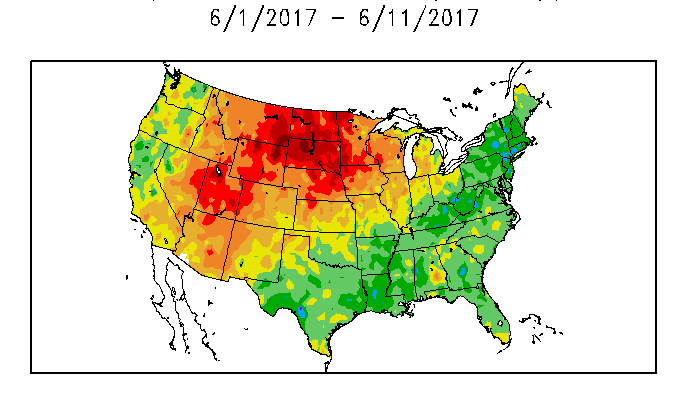
While the dry conditions in the Southeast have eased in recent weeks due to the welcome (mostly) rain we have received, livestock producers in the Northern Plains have not fared so well. Much above normal temperatures coupled with dry conditions have led to increasing drought in the region, stopping the growth of pastures and forage…
-
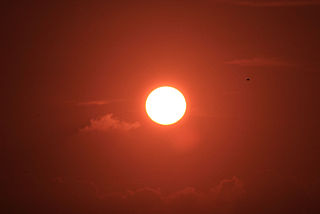
Yale Climate Connections has an interesting audio story on how in professional baseball, pitchers are more likely to hit batters than in cooler weather. They speculate that the heat makes the pitchers more ornery and so they are more likely to throw at the batter than when the air is not as hot. You can…
Posted in: Climate and Ag in the news -
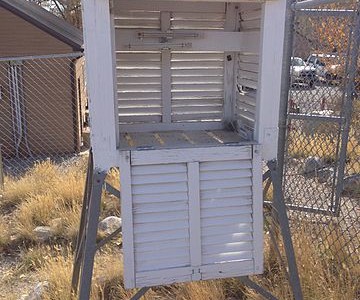
Here’s an inspiring story about a family of weather observers in Edenton NC who have been serving as cooperative observers for the National Weather Service for the last 120 years! Climatologists depend on help from dedicated volunteers like this family to provide long-term reliable and consistent observations of weather which can show us trends and…
-
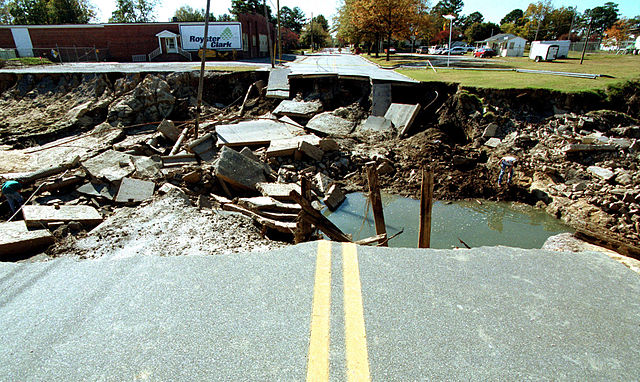
In the past I worked for the National Weather Service in the Office of Hydrology, determining the magnitude of 100-year rainfalls. A 100-year-rainfall is the amount of rain that has a 1 in 100 chance of occurrence in a given year. Note that it does not mean that it can only happen once in a…
-

KQED Science had an interesting article this week about how historical paintings from the past can shed light on the amount of pollutants (both natural pollutants like volcanic particulates and human-injected pollutants from industry and transportation) in the atmosphere and how they change the way the sky looks. I’ve talked about this in the past,…
-
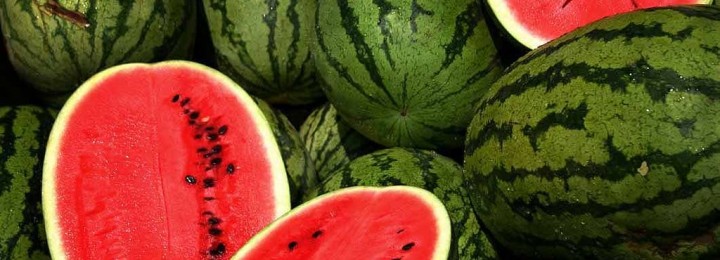
Watermelon is one of my favorite summer foods (in fact, I love them any time of year!). But they weren’t always the red and sweet fruit we have today. Here is an interesting story from Food and Wine about how watermelons were bred into the delicious fruit that we have today. You can read it…
-
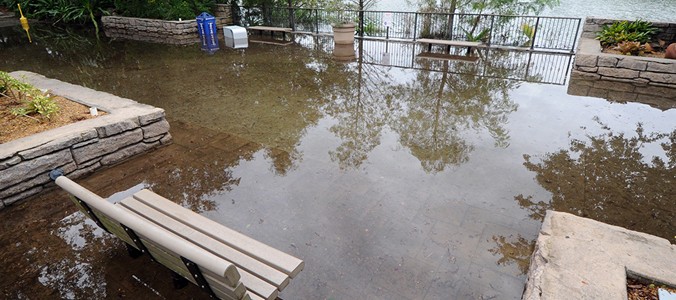
Because of increasing inundation of low-lying areas from rising sea levels, especially during the yearly king tides, mainland Miami is considering abandoning some of the lowest-lying areas and letting them serve as natural barriers to the effects of the rising sea levels. A variety of options for dealing with rising sea level are being considered,…